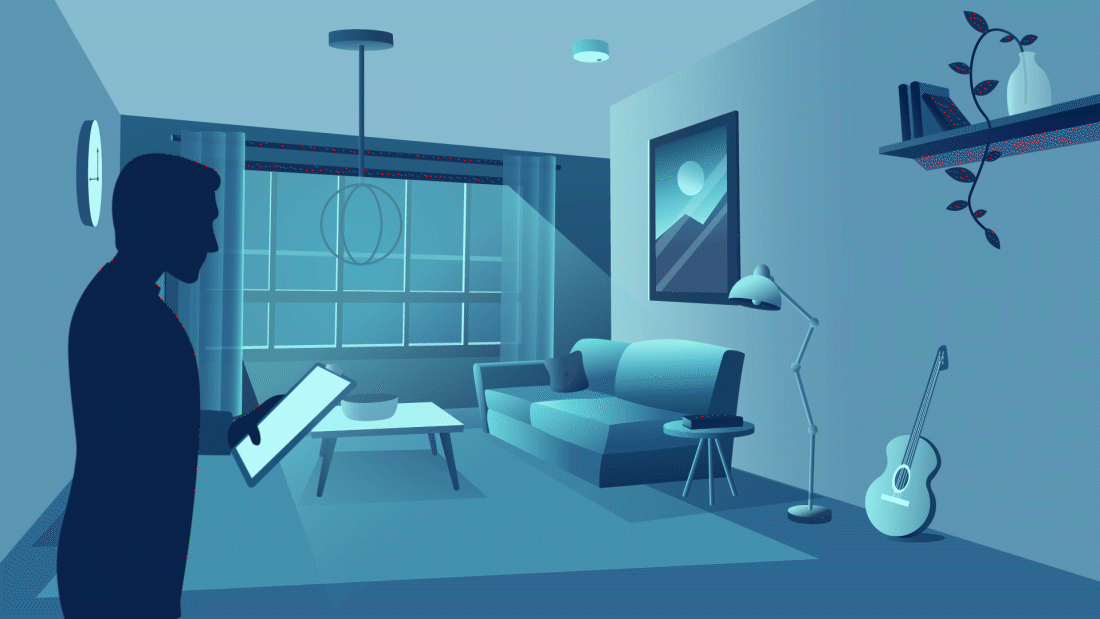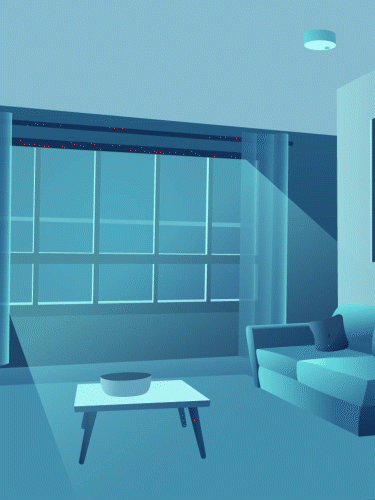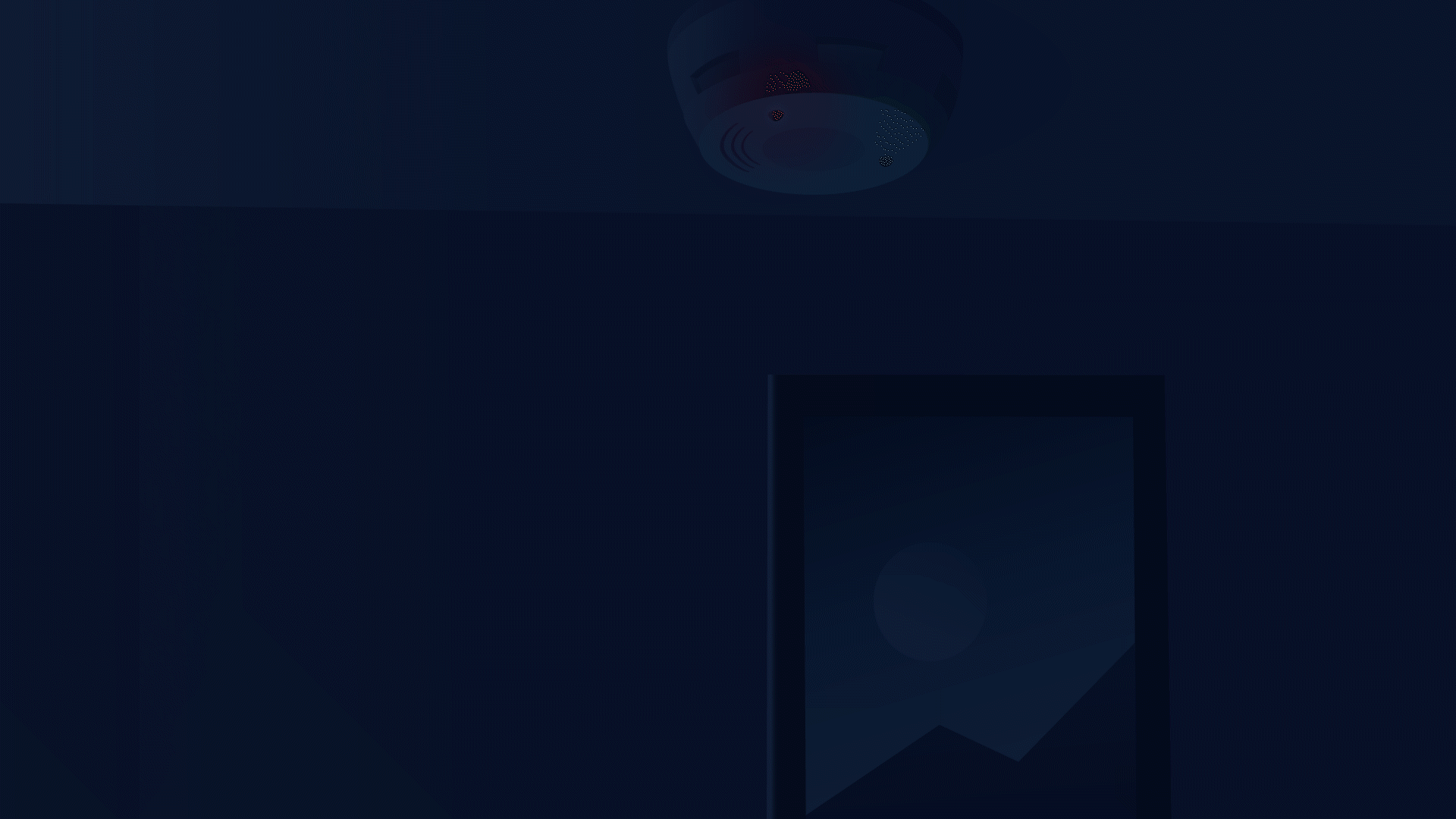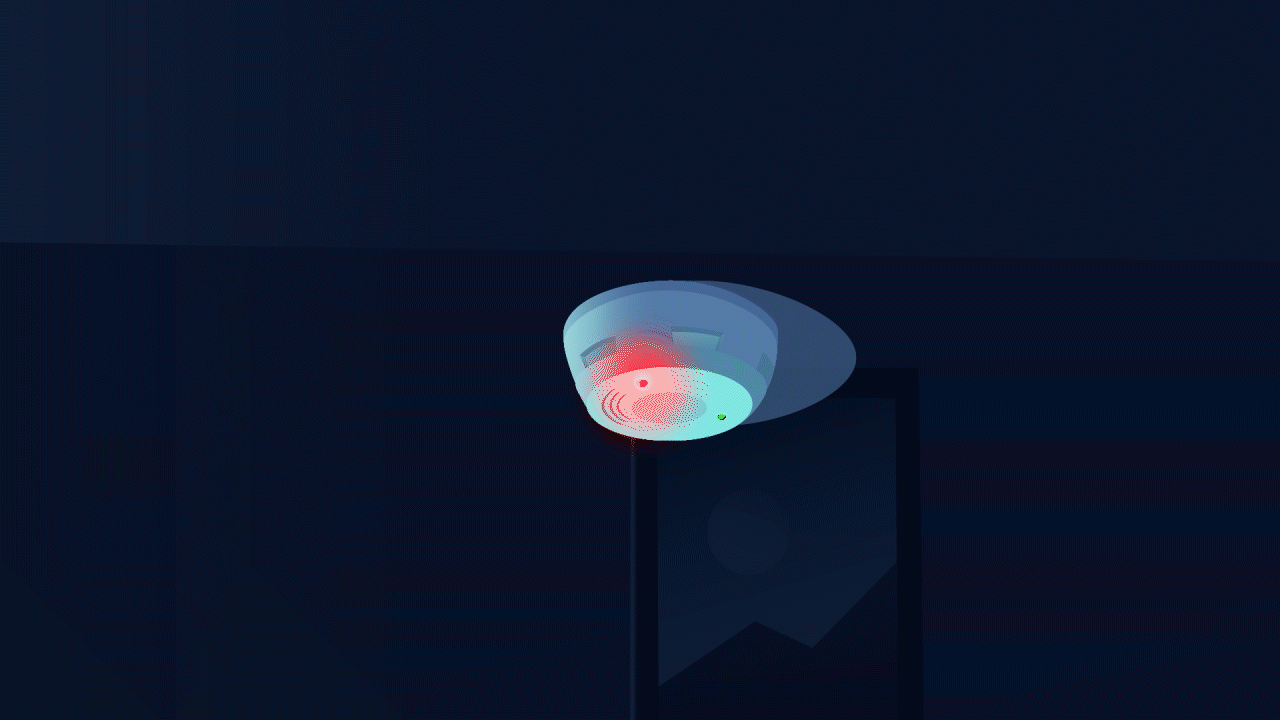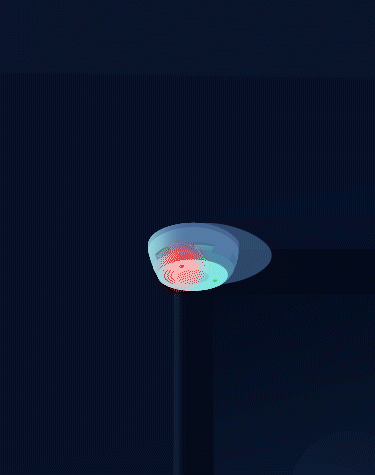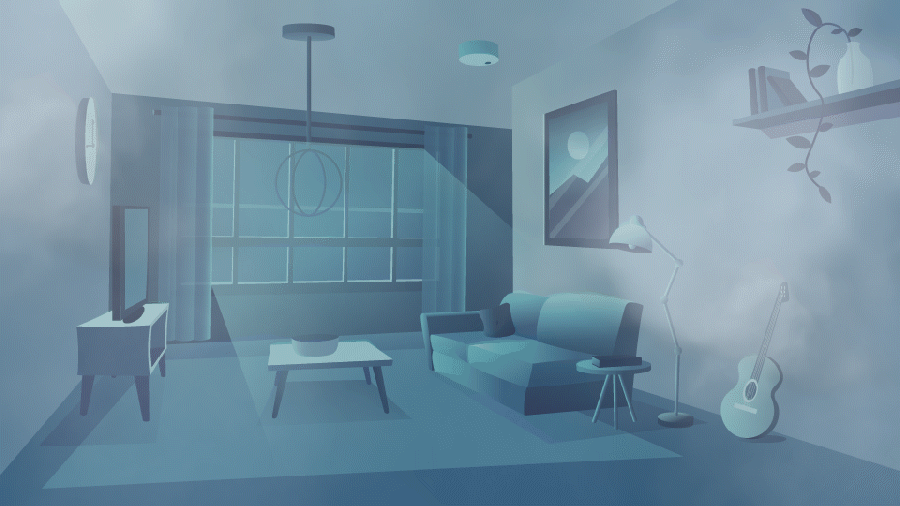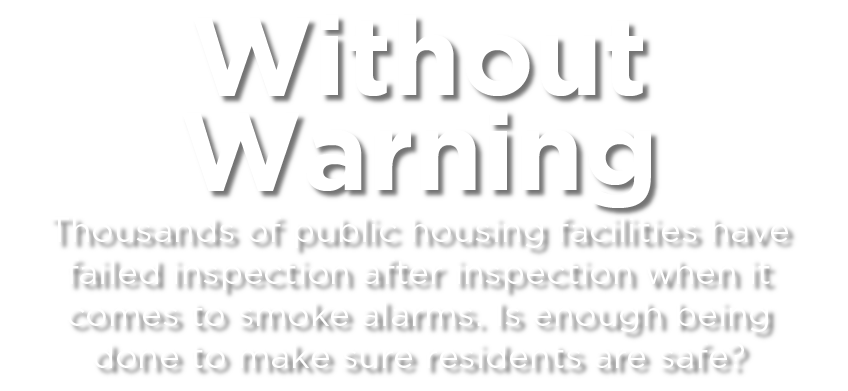Despite tragic deaths, across the New York area, a lack of working smoke detectors continues to pose a problem in public housing.
Two toddlers died in a public housing fire in the Bronx in 2016. A mother and five of her children died in a separate fire in Harlem in 2019. In both cases, firefighters didn't find a working smoke alarm. That's not unusual.
"It's a tragedy. It really is," said Patricia Flowers who was hospitalized for smoke inhalation after being rescued from that Harlem fire in 2019.
"It's just devastating," said Azhne Miller, who lives in the Bronx public housing complex where those toddlers died and remembers coming home to find her complex on fire, and a grieving mother unable to rescue her girls.
If you live in public housing in the tristate region, you have a more than 50% chance of living in a building cited at least once for a missing or broken fire alarm in the last five years.
In collaboration with ABC Owned Television Stations, Eyewitness News analyzed inspection records maintained by the U.S. Department of Housing and Urban Development for more than 1,700 housing complexes utilized by elderly, disabled and low-income residents in New York, New Jersey, and Connecticut.
We found about 52% of those complexes had been cited by federal inspectors for smoke detector deficiencies at least once in the past five years. About 23% of the time, inspectors had reprimanded those same complexes on more than one occasion.
In New York City, smoke detectors are regularly a factor in fatal fires. Of the 88 civilian fire fatalities in 2018, a Bureau of Fire Investigation report indicated only 27% had a confirmed working fire alarm.
New York City makes maintaining smoke detectors a shared responsibility. Owners are required to provide, install and at times replace fire alarms, and tenants are expected to maintain them.
Additionally, federal policy requires owners to conduct yearly inspections of buildings receiving federal tax dollars "to ensure the devices (smoke detectors) are in proper working condition."
Federal inspectors also conduct safety checks, at a minimum, every three years. In low performing properties, federal inspectors are required to return every year for a follow-up inspection.
However, we found federal inspectors failed to meet those expectations roughly 83% of the time in public housing complexes throughout the tristate over the past five years, resulting in thousands of overdue inspections.
In 2016, two toddlers died when a fire erupted in their apartment in a public housing complex in the Bronx. Investigators found the unit lacked a working fire alarm.
Prior to that fire, federal inspectors had noted at least one life threatening health and safety deficiency on the property in February 2015 and December 2015 requiring a yearly follow up. Yet records indicate federal inspectors did not return to the complex until 2017, months after that fatal fire, despite the building being cited for smoke detector deficiencies.
Again in 2019, a mother and five of her children died when their publicly funded apartment burst into flames. Fire investigators did not locate a working smoke detector. They suspect the alarm had been disabled.
While the New York City Housing Authority reported inspecting the building for smoke alarms in January 2019, months before that fire, HUD records indicate federal inspectors hadn't visited the property in over two years, even though the complex had failed its latest safety inspection and been cited for a smoke detector deficiency, mandating a follow up visit within the year.
Eyewitness News visited the property this month and found the premises still lacking certain fire safety notices required by city code.
"My sister was 10-years-old. My sister was six-years-old. My brother was three-years-old. My mom was 44-years-old. My brother was 32-years-old. Like what a life, so short," cried Raven Reyes, a surviving daughter.
HUD Secretary Ben Carson acknowledged the problem and indicated he is taking steps to improve health and safety in public housing.
"When I came to HUD the place, quite frankly, was a mess. There are a lot of things that need to be corrected and they aren't corrected overnight, but we are making significant progress," Carson said. "We have issued warnings to all the public housing authorities and we have increased inspection activity when it comes to smoke detectors."
A spokesperson for HUD's New York region indicated the agency had hired private contractors to address its inspection backlog in the summer of 2019. Our investigation could not account for the impact of any increase in inspection efforts late last year or early this year because inspection scores are not yet published beyond April 2019 for public housing authorities and December 2019 for the privately-owned properties.
That spokesperson also indicated tenants bore some responsibility for smoke detector deficiencies.
"In a large majority of incidents where smoke detector deficiencies were identified during an inspection, the smoke detector was intentionally disabled by the resident," he wrote in a statement.
Despite federal accusations of tenant tampering, Eyewitness News located thousands of calls to 311 seeking help with smoke detectors.
In 2018, the city averaged roughly one complaint every three hours referencing smoke detectors. Many of those complaints were made by people living in public housing.
Tenants say they hope the federal government does help improve the health and safety of their building but they wonder if anything will really change.
"That's when you sit down and say, 'Oh, Lord, I'm here. What am I going to do,'" said Patricia Flowers, a public housing resident in New York.
Across the country, the exclusive analysis found more than 1 million Americans are living in federally-funded housing complexes where inspectors have found there were not enough working smoke detectors.
In thousands of those complexes, the problems showed up on inspection after inspection.
ABC Owned Television Stations obtained and analyzed records from every published federal government inspection of subsidized housing since 2014 and found more than 11,000 complexes nationwide cited for missing, broken or otherwise inadequate smoke alarms.
That's 41% of all complexes run by public housing authorities or private landlords who get subsidies from taxpayers across the country. Many are home to elderly and disabled residents.
The problem in some cities was worse. Half or more of the complexes in New York, Houston and Chicago had been cited for not making sure smoke detectors were in place and working. In the suburbs of Bayonne, Newark and Jersey City in New Jersey, it was two-thirds of properties.
At more than 4,000 low-income housing sites nationwide, the ABC stations' exclusive data analysis reveals inspectors found smoke alarm problems on more than one inspection from 2014 through 2019.
The data analysis also found:
- At three of every four public housing complexes where inspectors discovered smoke detector problems, the inspectors also reported other dangers they considered "life-threatening" such as electrical hazards and blocked fire exits. At more than 8,000 facilities, life-threatening dangers showed up on multiple inspections.
- Despite knowing about smoke alarms and other safety problems, government inspectors returned to inspect properties months or even years behind schedule. About 90% of complexes with smoke alarm problems were inspected late, based on HUD's rules.
- Among the public housing facilities cited for smoke alarm problems were more than 2,800 complexes serving the elderly and 775 more serving disabled residents.
The federal government posts all of its inspection scores and some details about deficiencies - such as smoke detector problems - on HUD's public website and updates the records regularly. The most recently published data listing the inspection scores, which ABC reviewed, is current through 2019 for the vast majority of properties. In some states, the latest inspections published for public housing authorities were in 2018.

